The Bureau of Ocean Energy Management (BOEM) announced that the National Academies of Sciences, Engineering, and Medicine have selected 14 experts to serve on the new standing committee on environmental science and assessment for offshore energy and mineral resources.
The committee, which collectively gathers knowledge from academic, industry, government and nonprofit experience, aims to provide independent information on issues relevant to BOEM’s environmental studies and assessment activities and support discussions on relevant issues. Its first meeting is scheduled for December 8 and 9 at the Academies in Washington, D.C.
Members of the committee are:
- Chair: Dr. Gary B. Griggs—University of California, Santa Cruz
- Dr. Peter J. Auster—University of Connecticut
- Deerin Babb-Brott—SeaPlan
- Dr. Keith R. Criddle—University of Alaska, Fairbanks
- Dr. Hajo Eicken—University of Alaska, Fairbanks
- Dr. Paul G. Falkowski—Rutgers University
- Dr. Mary (Missy) H. Feeley—ExxonMobil (Retired)
- Dr. Mardi C. Hastings—Georgia Institute of Technology (Retired)
- Dr. Bonnie J. McCay—Rutgers University
- Dr. Richard McLaughlin—Harte Research Institute for Gulf of Mexico Studies at Texas A&M University
- Dr. Jacqueline Michel—Research Planning, Inc.
- Dr. Timothy J. Ragen—Marine Mammal Commission (Retired)
- Dr. Mary Ruckelshaus—Stanford University
- Dr. William C. Webster—University of California, Berkeley (Retired)
The committee encompasses a broad range of expertise in both natural and social sciences, and relevant disciplines within those broad areas, including ecology and habitat, sea ice, economics, noise, the application of science to policy and other topics, BOEM said.
The committee’s services will be provided under a three-year contract between BOEM and the Academies that was announced in June 2015. The committee has been appointed for one year, subject to renewal.
“BOEM is honored to have these extraordinary scientists provide their guidance to the bureau on scientific matters,” said BOEM Director Abigail Ross Hopper. “We look forward to engaging with and learning from them as we continue to address complex offshore energy and marine mineral issues in an environmentally responsible manner.”
Through BOEM’s partnership with the academies, committee expertise encompasses both natural and social sciences, and relevant disciplines within those broad areas as warranted, such as ecology and population biology, physical and chemical oceanography and marine archaeology. The Ocean Studies Board will oversee the committee in collaboration with the Board on Earth Sciences and Resources.
The committee will meet several times a year, and may conduct workshops, studies or peer review documents relevant to BOEM’s environmental programs. The work will be purely advisory in nature, and will be limited to relevant independent and objective advice. It will not include recommendations on what policy or management decisions should be made.



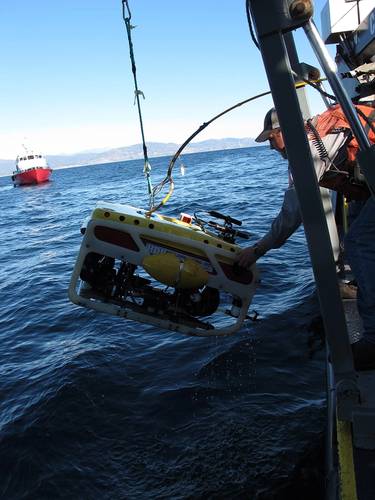
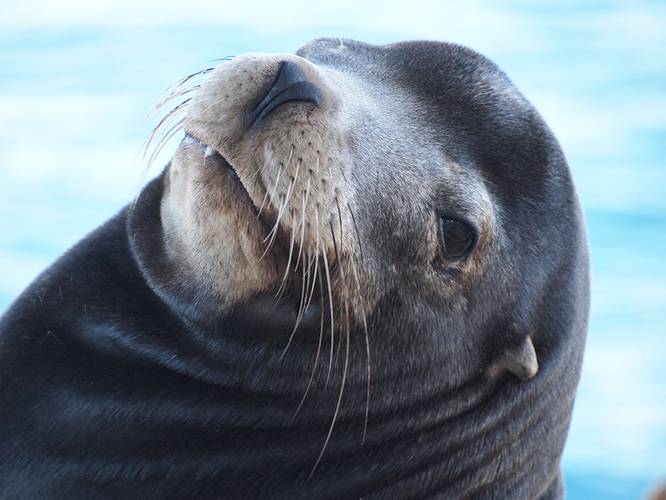
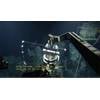
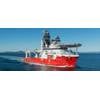
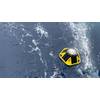
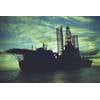

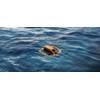






 December 2025
December 2025



